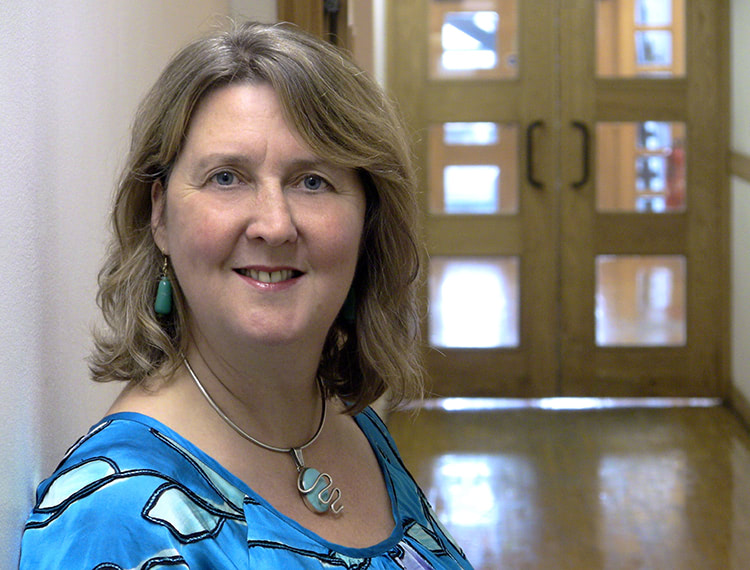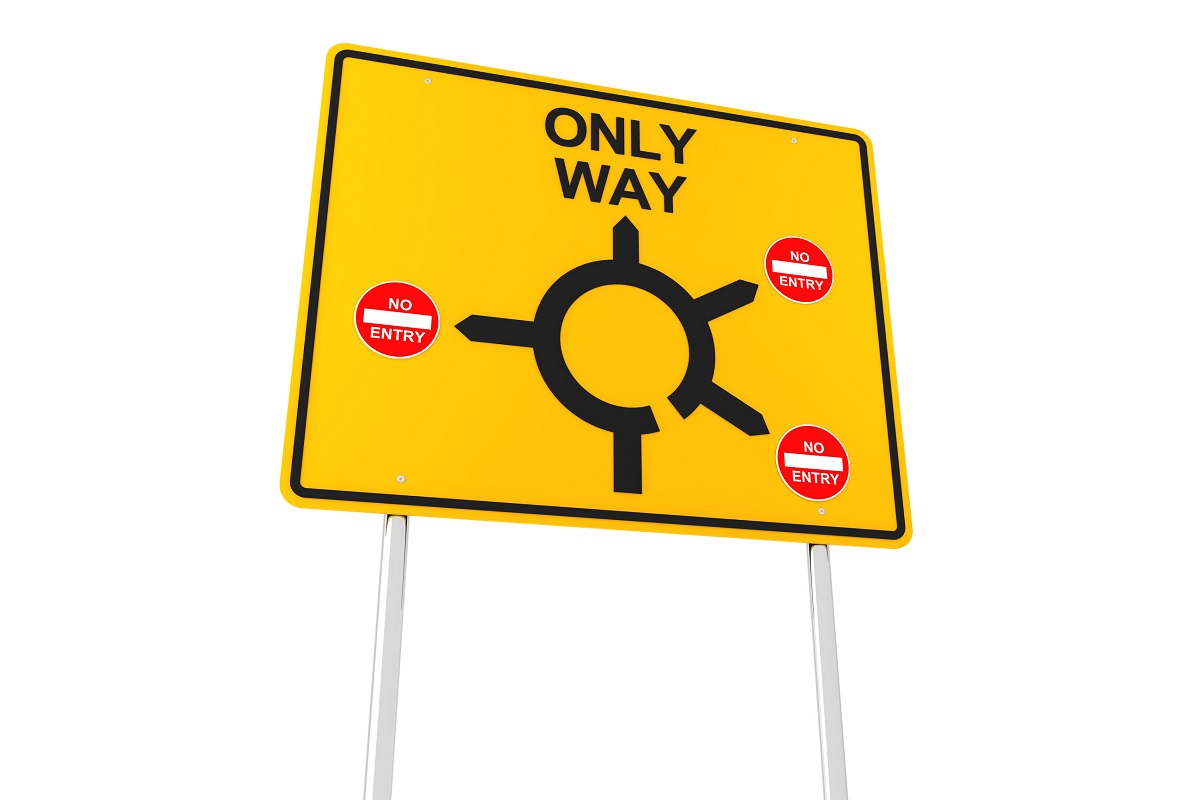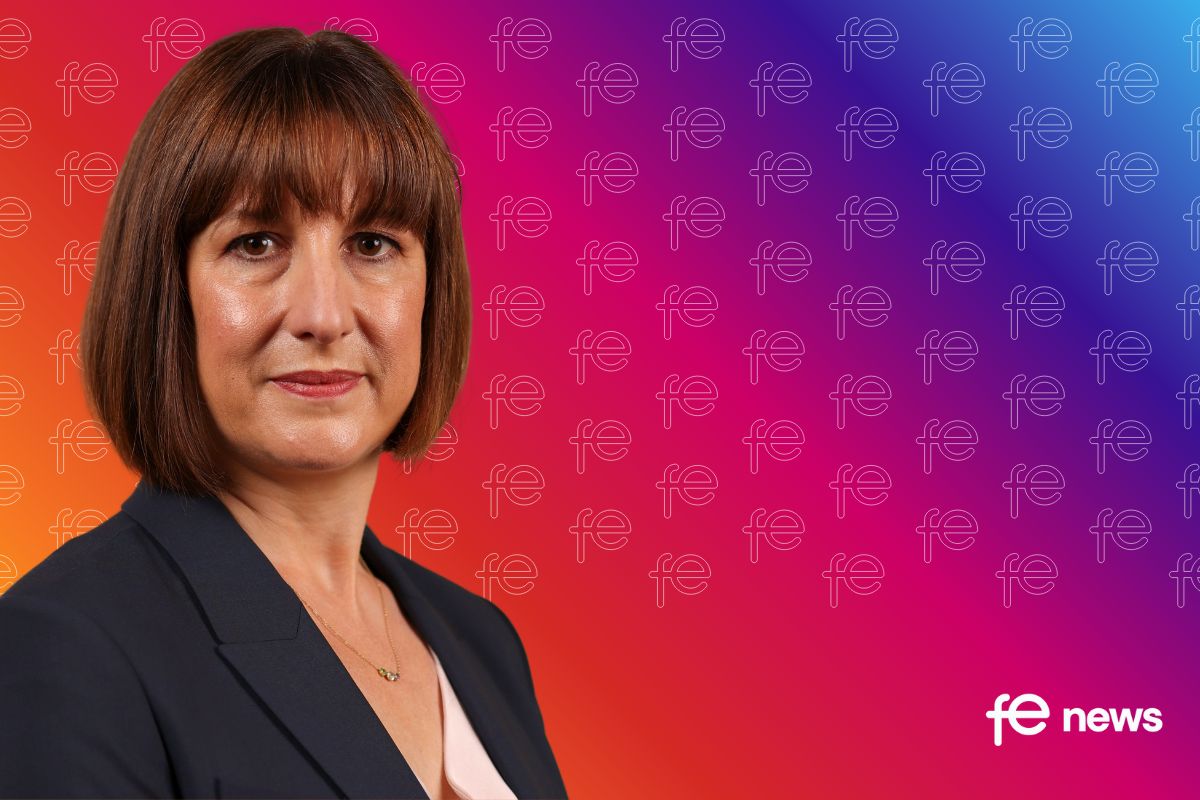Digital exclusion will worsen as 4,000 public computers cut from libraries and jobcentres

Research published from the House of Commons Library – commissioned by Labour’s shadow culture team – shows that almost 4,000 public computers have been cut from libraries and jobcentres.
Good Things Foundation knows from our work with our network across the country that having access to a computer and having digital skills can greatly improve a person’s life chances and quality of life.
That is why we note with concern the new research today from the House of Commons Library – commissioned by Labour’s shadow culture team – which shows that almost 4,000 public computers have been cut from libraries and jobcentres.
It is important to caveat that it is likely that some of the computers have been replaced with tablets, which are just as useful for performing these tasks. However, any cuts that risk worsening digital exclusion is of huge concern.
People with low digital skills need to start somewhere
We believe that people without internet access or with low digital skills need to start somewhere and computers that are available to the general public are a good starting point.
Through our Online Centres Network we offer over 5,000 Centres throughout the country, which doesn’t just allow people to start using the internet, but it gives them free digital skills training to improve their capabilities and help them discover a positive change in their lives through digital.
The digitisation of our economy and our society brings huge advantages such as lower prices and more convenient services, but these advantages are not currently shared fairly or equally across society.
Even people on the lowest incomes are able to save an average of over £500 a year through basic digital skills, as it’s easier to shop around for goods and services and get the best prices.
Having no internet access can exacerbate the ‘Poverty Premium’.
Access to computers and digital skills are key to being able to participate in the digital economy. That’s why we want to make digital a social priority. We are calling for all political parties to set a bold ambition and agree a goal of a 100% digitally included nation by 2028.
Our research shows that a government who commits to this will see a benefit to the UK economy of £13 for every £1 spent – offering a net present value of £21.9 billion.
It is time for Britain to take the lead and for Government and all political parties to commit to take action to make Britain a digitally inclusive nation.
Helen Milner OBE, Chief Executive of Good Things Foundation – a social change charity, helping people to improve their lives through digital.











Responses